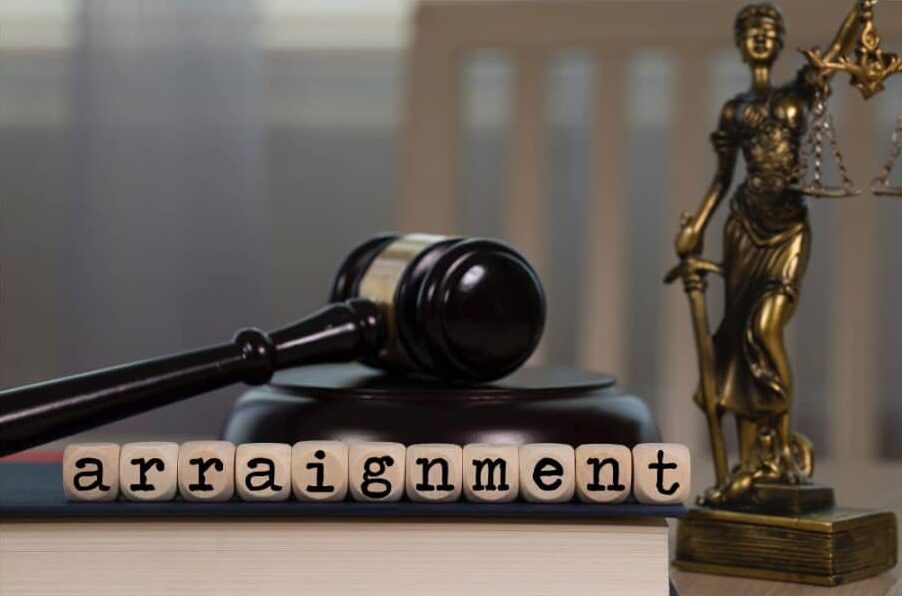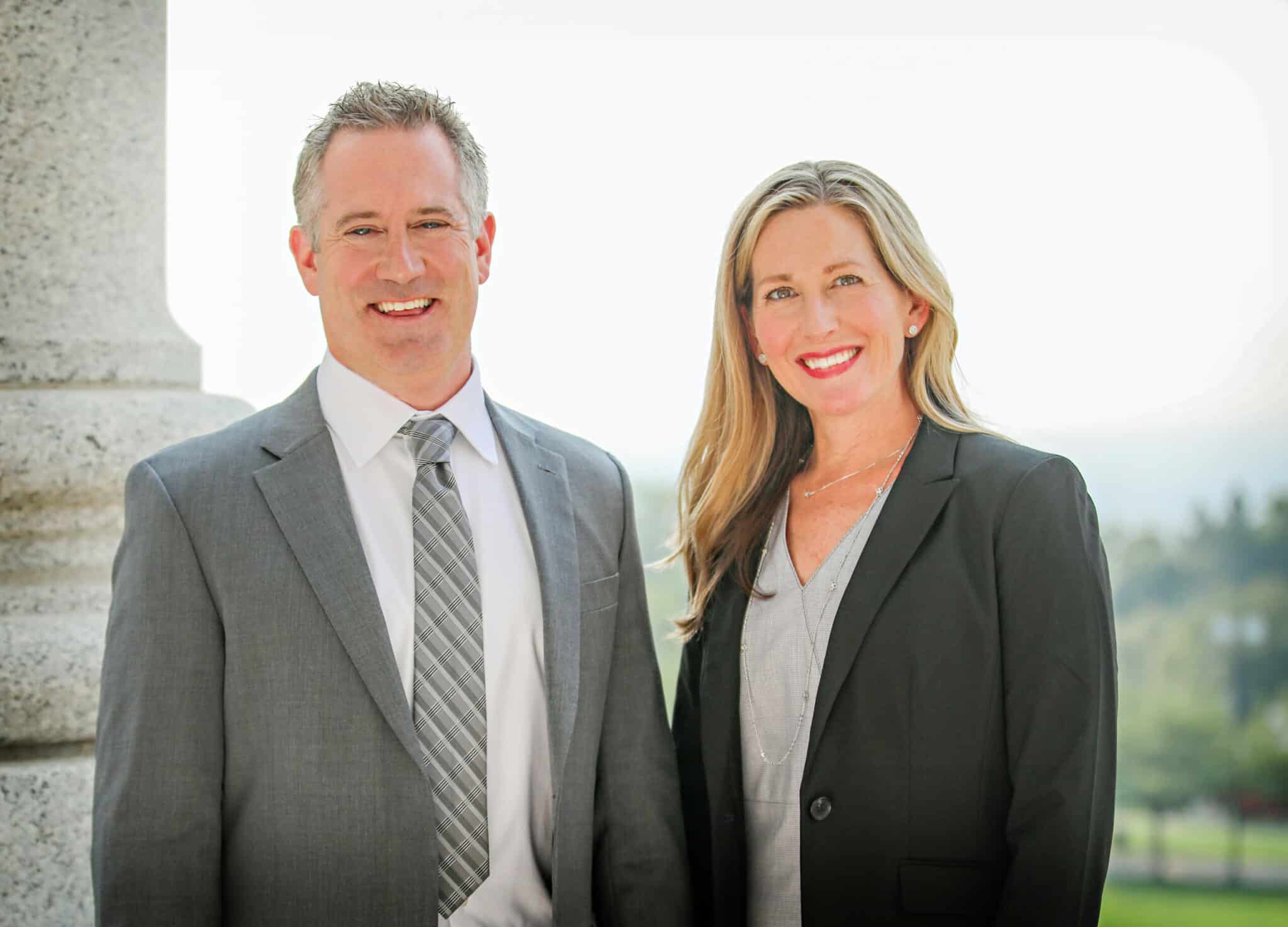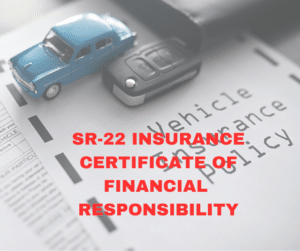Since an Arraignment is the first time you are formally presented to a judge regarding a criminal charge, it tends to be the most stressful part of a criminal case. For this reason, we take a lot of calls regarding the purpose of the Arraignment as well as how to prepare.

The Quick and Dirty on Arraignment
For all of the focus and stress leading up to an Arraignment, it is actually a very quick hearing. It is a simple hearing where the defendant is formally charged and must enter a plea. Testimony is not taken since the Arraignment is not a mini-trial and only serves a very basic function.
The “formal” part refers to the charging document or complaint that will list the crime and corresponding RCW under which you are charged. The judge will ask if you understand what you are being charged with and the potential punishment. You will also be asked if the name on the charging document is accurate. The judge is not asking whether you agree with the charging but simply if you understand what criminal charge you are facing.
In addition to clarifying your understanding of what you are charged with, the judge will ask how you wish to plea. In 99% of cases, a plea of “not guilty” will be entered. The reason for a not guilty plea (even if you believe you are guilty and want to “get it over with”) is that a guilty plea must be made “knowingly”—among other requirements.
If you just learned of the charge, it is unlikely that you understand all of your defenses and long-term consequences. To prevent an appeal, a judge must make sure your plea is made knowingly and voluntarily. Therefore, your “change of plea” (assuming you want to plead guilty), is generally done on a different calendar.
What About Bail?
In addition to the two primary reasons for an Arraignment, notice of your criminal charge and entry of a plea, the judge is also to address conditions of release. This means the judge must determine what conditions are necessary to 1) secure your presence at the next court hearing and 2) ensures the public’s safety.
These requirements mean that the judge may require bail, which will create a financial incentive to return for your next court date (or forfeit your money). Other conditions of release may include No Contact Orders, Ignition Interlock Devices, SCRAM bracelets, and other methods of monitoring that you are remaining law abiding while your case is pending.
Finally, some defendants are assigned a public defender at the Arraignment. Some judges will simply provide instructions that you may qualify for a public defender and the steps you need to take to secure public defense.
If you appear for your Arraignment without private counsel, there is a public defender who “sits in” for Arraignments. This person is generally not your assigned public defender. You must take steps to qualify and secure your attorney.
Can I Skip My Arraignment?
What Next?
Many internet articles will state that a Not Guilty plea means the next step is trial. That is not accurate. The jump from an Arraignment to a trial can be many weeks, months, or even years.
Generally, the step after an Arraignment is a Pre-Trial Hearing and sometimes called Omnibus (think of this as a “check in” on the case) and, in most jurisdictions, you can have quite a few of these without an issue. The judge understands that the prosecutor and defense may need time to come to a negotiated resolution. While a trial date might be set (depending on the jurisdiction), this can usually be re-set as the case progresses toward a resolution.
When Do I Go To Trial?
The likelihood your case will go to trial is very small. More than 95% of criminal cases do not go to trial. They are usually resolved as alternative resolutions, guilty pleas, or dismissals. It would be incredibly inefficient to go to trial on cases where the State has little chance of winning or the defendant has a high chance of conviction. Therefore, prosecution and defense try to resolve most cases to avoid trial.
Typically, if you have been criminally charged, there is a high likelihood the State has a decent enough case that you are risking serious consequences with a trial. Additionally, the punishment will usually be must worse if you are found guilty.
For example, if you choose to go to trial, the prosecutor will likely add additional charges called “hold backs” or ask for a sentencing enhancement. Furthermore, if you are convicted, the prosecutor will ask for the high end of the sentencing range. Alternatively, if you accept a plea to a lesser charge or some other alternative resolution, the prosecutor might drop jail time or ask for a significant reduction in time served.
The decision to go to trial is always made by the defendant. A criminal defense attorney will advise the client about the strategy and odds of success but, ultimately, the decision is up to the person being criminally charged and facing incarceration. For this reason, it is absolutely critical that anyone facing jail or prison time seeks the best and most experienced defense attorney. Advice is only helpful if it is from someone who truly understands your risks.
We Can Help
If you are facing a criminal charge in Kitsap or Thurston counties or cities in those areas, please give our office a call to see how we can help. We offer free strategy sessions for cases in our practice areas and we’re here 7 days a week. (360) 792-1000

Get help now
Whether you choose to handle your case alone or engage the Witt Law Group, being informed and prepared is essential. Early involvement of an attorney can significantly impact your chances of a fair recovery, allowing you to focus on healing while we handle negotiations with insurance adjusters to secure fair compensation for your injuries.




